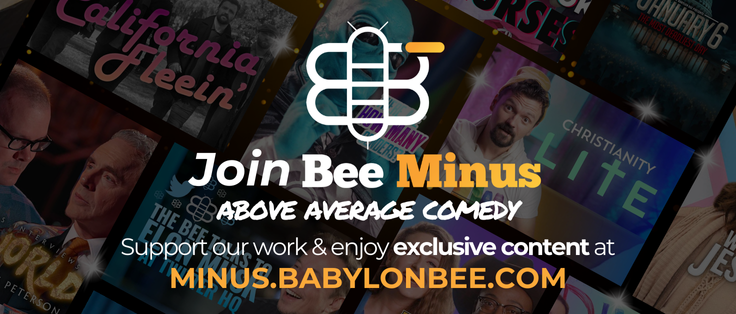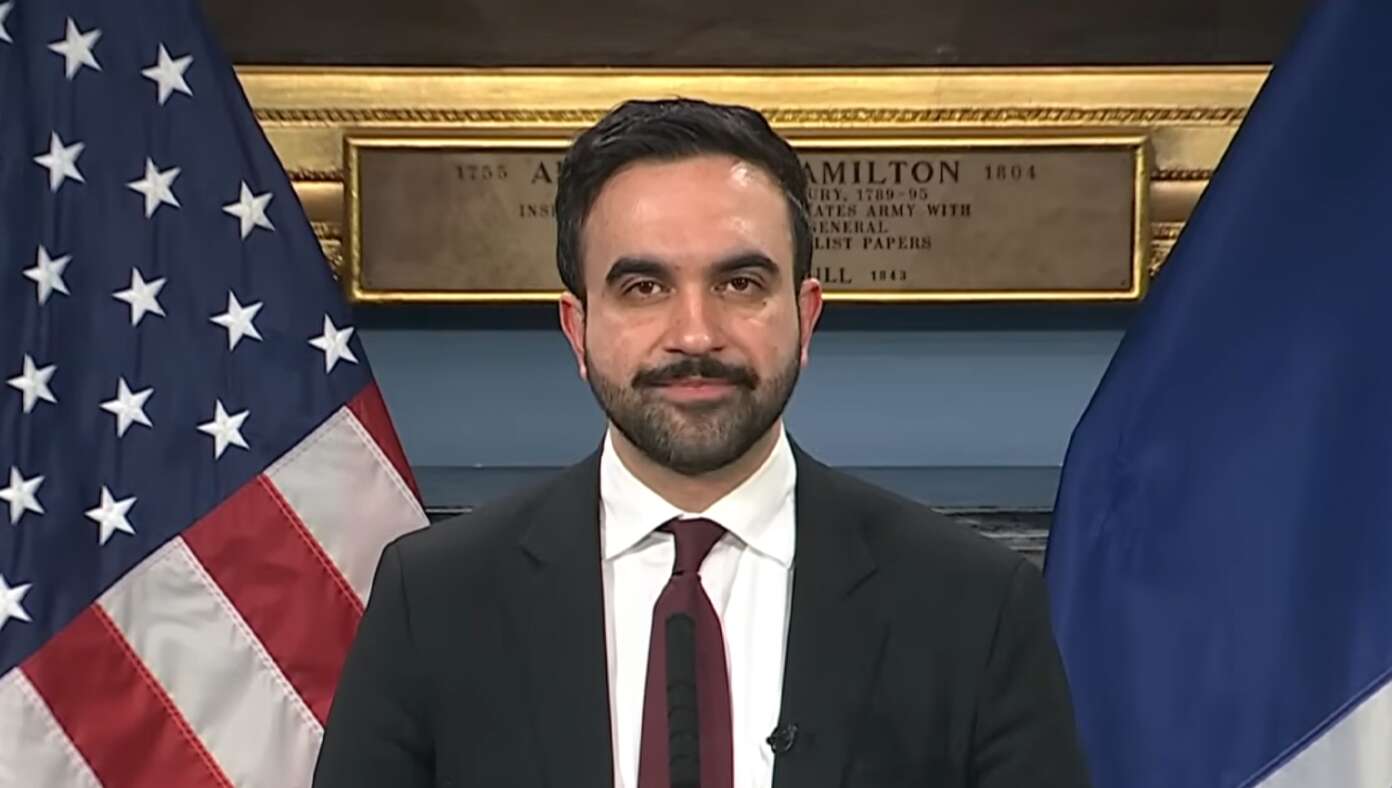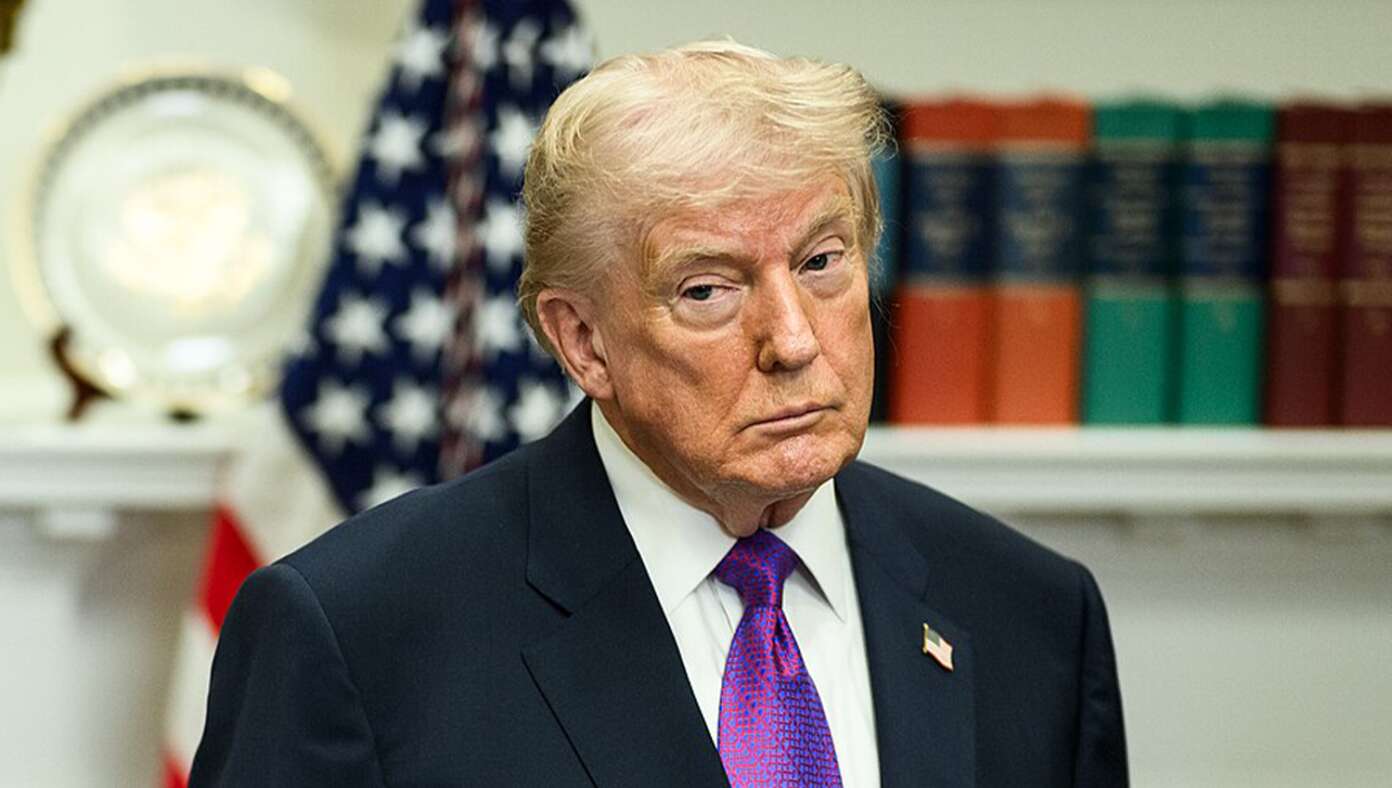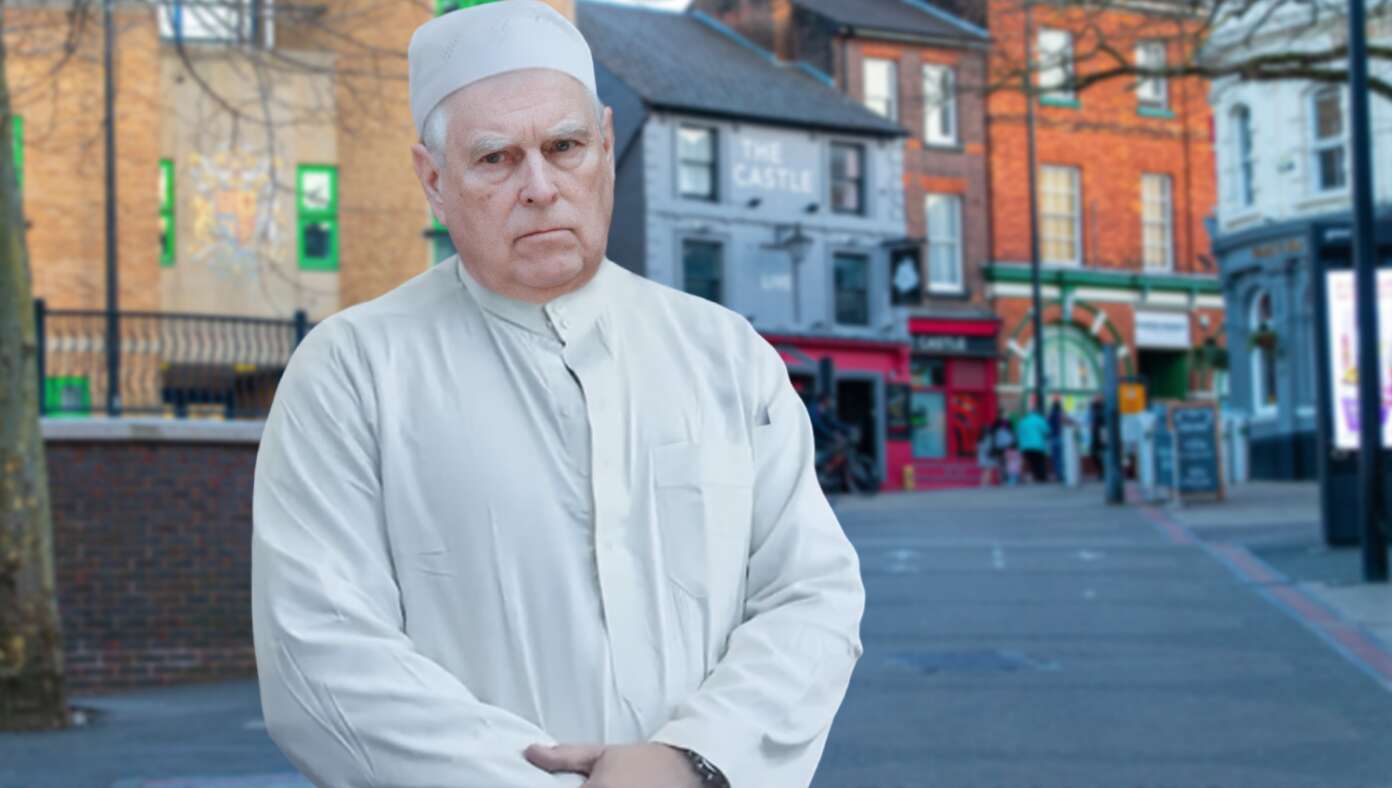If you've been keeping up with the news for the past few years, you've certainly come across concerns about the things that AI could do. For instance, it's very possible that the powerful new AI language models could put artists, actors, and writers out of a job. But on the other hand, it could do some bad things as well.
Everything has its pros and cons. AI is progressing at such a rapid pace, for example, that artists may no longer be able to draw commissions of people in a Studio Ghibli style for $100 a pop. Actors may find their careers threatened as AI models generate more and more realistic depictions of actors playing superheroes, World War II soldiers, and old people in hemorrhoid commercials. And writers are getting squeezed out too, as AI can very easily spit out novels about vampires and husky Amish guys falling for cute city girls in just a few minutes.
But on the negative side of the equation, AI could destroy the world and kill us all — a high price to pay for being able to laugh at artists, singers, actors, writers, and musicians for somehow being even less employable than before.
So what we have to ask ourselves as we consider the difficult question of whether or not AI is good for society is if the cost of nuclear war against an army of AI-powered robots is worth the benefit of people like Banksy, Bella Ramsey, and Stephen King losing their jobs.
It's basically a wash.
Protect yourself from the modern day gestapo!









